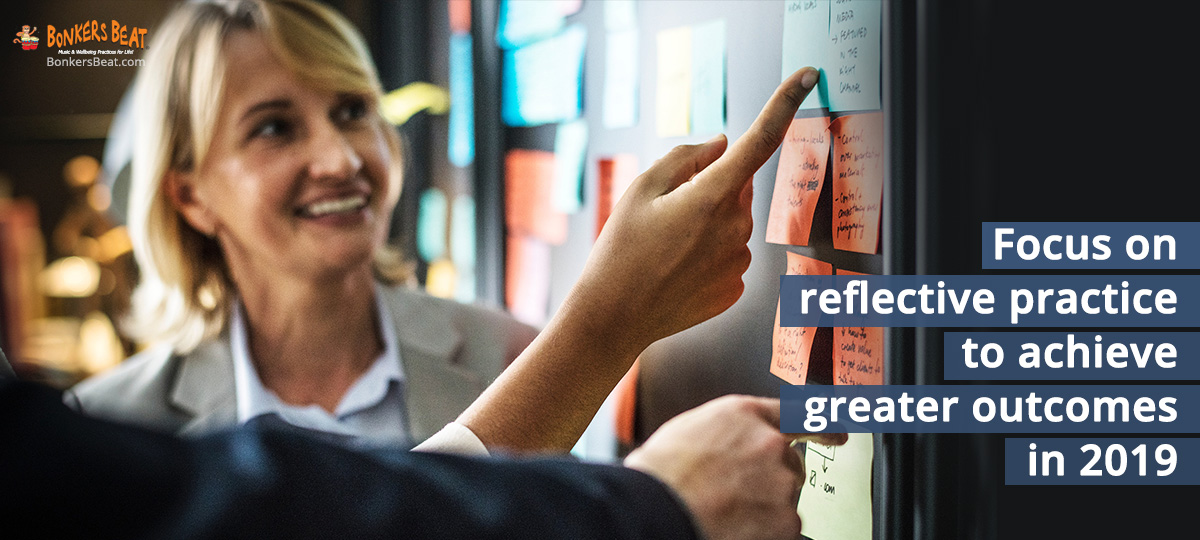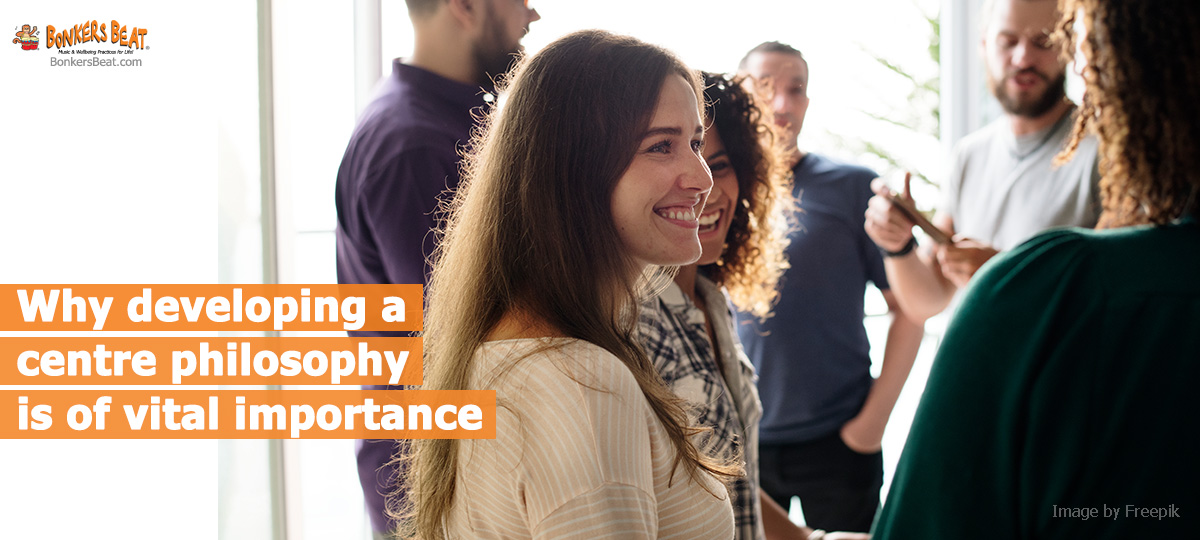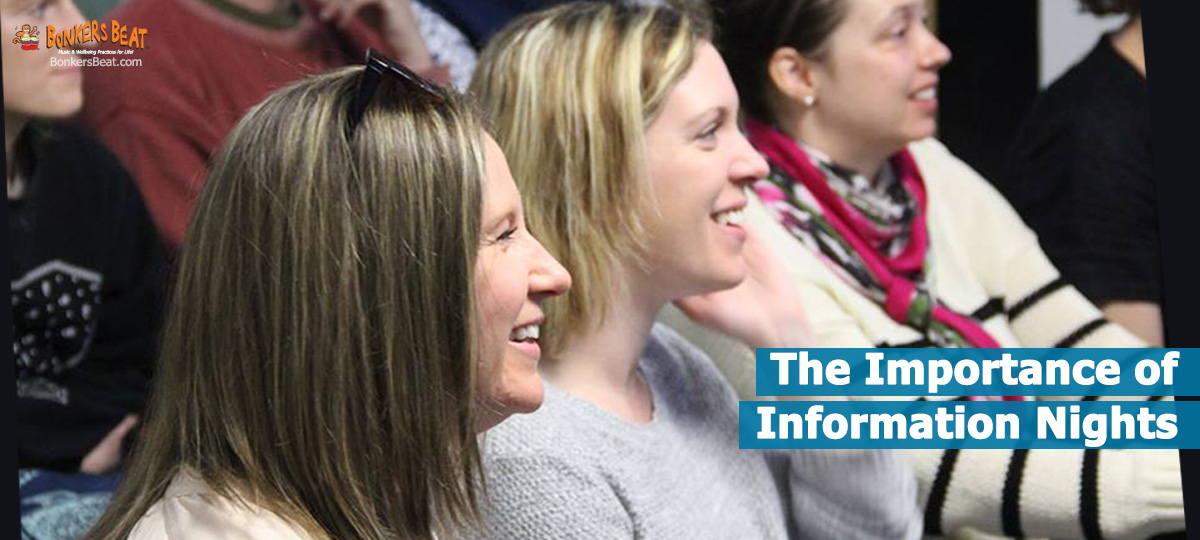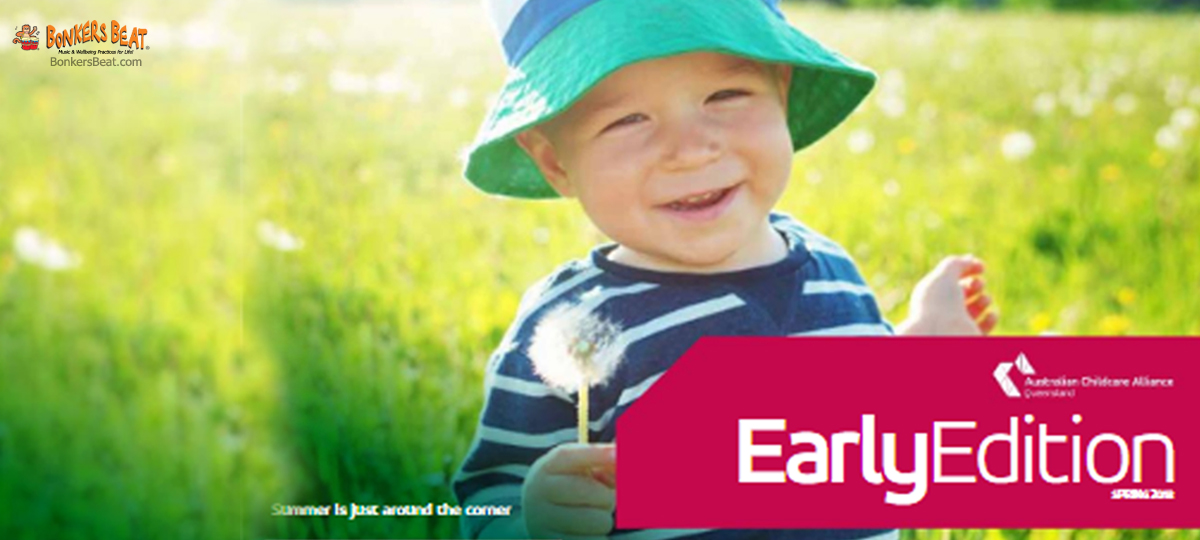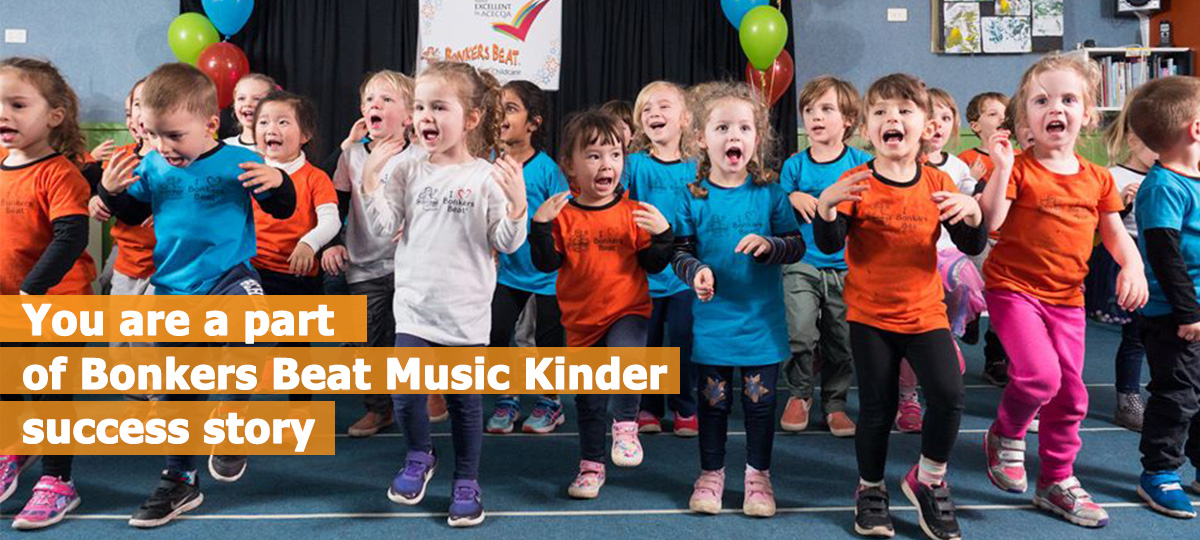To quote the philosopher John Dewey, “We do not learn from experience … we learn from reflecting on experience”.
What worked for your centre this year? An open day? A program that families and children love? And what didn’t work? Did the flyers at the local cafes attract new families? When undertaking planning for 2019, the first step is to reflect on how this year went and how you can improve. In reflective practice, we must focus on what we did, what our objectives were, what was the outcome, and, most importantly, why did we do it.
What is reflective practice in child care?
Let’s get real — if we keep doing the same thing and we’re not seeing the results we want, then we are wasting our time. To move forward and enhance every aspect of your centre, you need to create a culture of learning through reflective practice. This can be applied to everything that you do as a centre, including your programs, experiences, events, strategies, marketing and more. And while we are discussing now in the context of the end of year planning for next year, reflection should be a part of our practice throughout the year.
Reflective practice is as it sounds — reflecting on our daily, weekly, monthly, yearly experiences in early childhood and learning from them.
“When educators strive to assess and understand the impact of their practice, they are engaging in reflective practice. Developing a culture of learning through this reflective practice drives continuous improvement and focuses attention on quality outcomes for children and families.” – ACECQA
Reflective practice should guide our decision making for the future and gives us the best chance of improving the outcomes for children, families, educators and the centre. We encourage an individual approach to reflective practice as well as reflection in group settings as this can foster productive discussion.
Using reflective practice to plan 2019
Here are a few of the most common challenges faced in early childhood and ways we can use reflective practice to better tackle them in 2019:
1. Daily routines and the flow of the day: If you find you and your educators are spending too much time settling children into the next activity despite your best efforts, it’s time to reflect.
Consider your objective: You want children to transition smoothly between activities.
Reflect: You tried using different times of the day for different activities to make it run more efficiently. You thought this could result in the children being more settled. It hasn’t improved.
Plan: In 2019 you will try using dedicated transitional songs, as used in the Bonkers Beat programs. These have been proven to aid the transition and will help your days flow.
2. Low occupancy at your centre: Attracting more families to centres is currently a common challenge. If your occupancy isn’t where you want it to be, let’s discover what you can do to improve it.
Consider your objective: You want to attract more families to enrol at your centre.
Reflect: You put some flyers at local cafes but didn’t get many leads.
Plan: You’ll continue distributing the flyers but at a few more locations and you will work hard at creating a point of difference to make your centre to stand out. (May we suggest the tried and tested Bonkers Beat programs?!)
3. NQS Rating Assessment: You were hoping to be assessed as Exceeding this year but didn’t get there. Understand how you can achieve this goal.
Consider your objective: You want to improve your centre’s NQS Rating and be assessed as Exceeding in 2019.
Reflect: You have put a lot of effort into your documentation but have realised through your assessment report that you need to focus on a few other NQS areas.
Plan: Create a strategy that directly addresses each of the National Quality areas and is integrated into your curriculum so that it becomes an embedded approach for your centre. (Again, we suggest the Bonkers Beat programs for this too!)
Now is the time to start your reflective practice, so encourage everyone in your team to reflect on the year that was and make notes. It’s important to also reflect on things that went well. What was GREAT this year? Can you do it better still? How can it be done next year? Don’t forget, everyone’s thoughts count and reflecting as a group is essential too.
May 2019 be your best year ever. So keep reflecting and planning to achieve greater results in the future.

